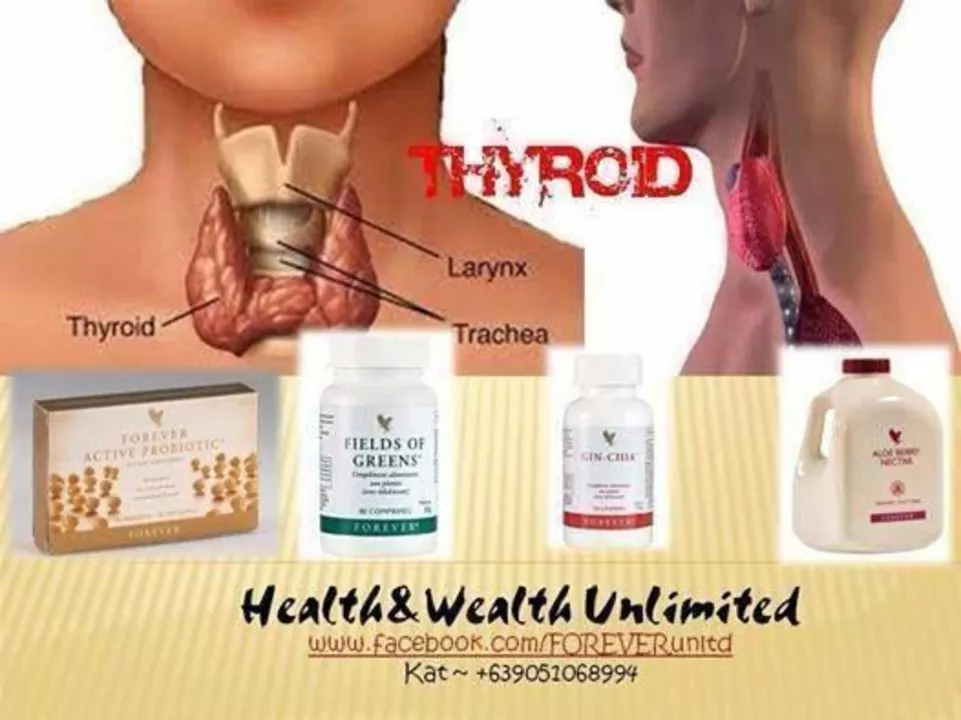Secret ingredient: How to spot hidden components in meds and supplements
Ever bought a supplement or ordered a medication online and wondered what's really inside? "Secret ingredient" usually means an active, inactive, or contaminated component you didn't expect. That can be harmless, useless, or dangerous. This page shows how to find those hidden items, why they matter, and simple steps to stay safe.
Why hidden ingredients happen
Manufacturers may add fillers, preservatives, or stabilizers to make pills hold together or last longer. Some online sellers include stronger actives to boost effect — sometimes illegally. Cross-contamination can add traces of other drugs, especially in facilities that make multiple products. And if you buy from low-quality online pharmacies, the product might be counterfeit or contain undisclosed chemicals.
Examples from everyday life: a natural pain supplement that quietly contains willow bark (a real active ingredient similar to aspirin), or a cream that lists generic "fragrance" but actually has a preservative that irritates sensitive skin. Even nasal sprays and eye drops can have additives that matter for pregnant people or those with allergies.
Practical checks before you buy or use anything
Read the label like a pro. Look for the active ingredient(s) first — that tells you what actually treats the problem. Then scan the inactive ingredients for common allergens (lactose, gluten, soy), preservatives (benzalkonium chloride), and forms of alcohol. If the label uses vague terms like "proprietary blend" or "natural extract" without details, treat it with suspicion.
Check third-party testing. Reputable supplements will have certificates of analysis (COA) or seals from independent labs (USP, NSF, ConsumerLab). For prescription meds, use licensed pharmacies and verify the pill by imprint, color, and package batch number. If you order from an online pharmacy, confirm it requires a prescription and shows contact details — shady sites often hide this information.
Think about interactions. Secret ingredients can interact with prescription drugs. For example, herbal products can affect blood pressure meds or SSRIs. If you take medications like Toprol, Nifedipine, or Paxil, ask a pharmacist before adding anything new. Pregnant people and kids need extra caution — some common decongestants and topical agents are not safe for them.
Spot red flags: dramatic claims without evidence, prices that are suspiciously low, no verifiable contact info, and labels that omit active ingredient amounts. When in doubt, consult a pharmacist or your healthcare provider. Keep packaging and batch info if you suspect a problem—reporting helps track dangerous products.
Want quick help? Use our site search to find articles about specific ingredients, alternatives, and safety guides — from willow bark and DMSO to nasal sprays in pregnancy and safe online pharmacy shopping. If something seems off, ask before you use it. Your safety matters more than a fast fix.

